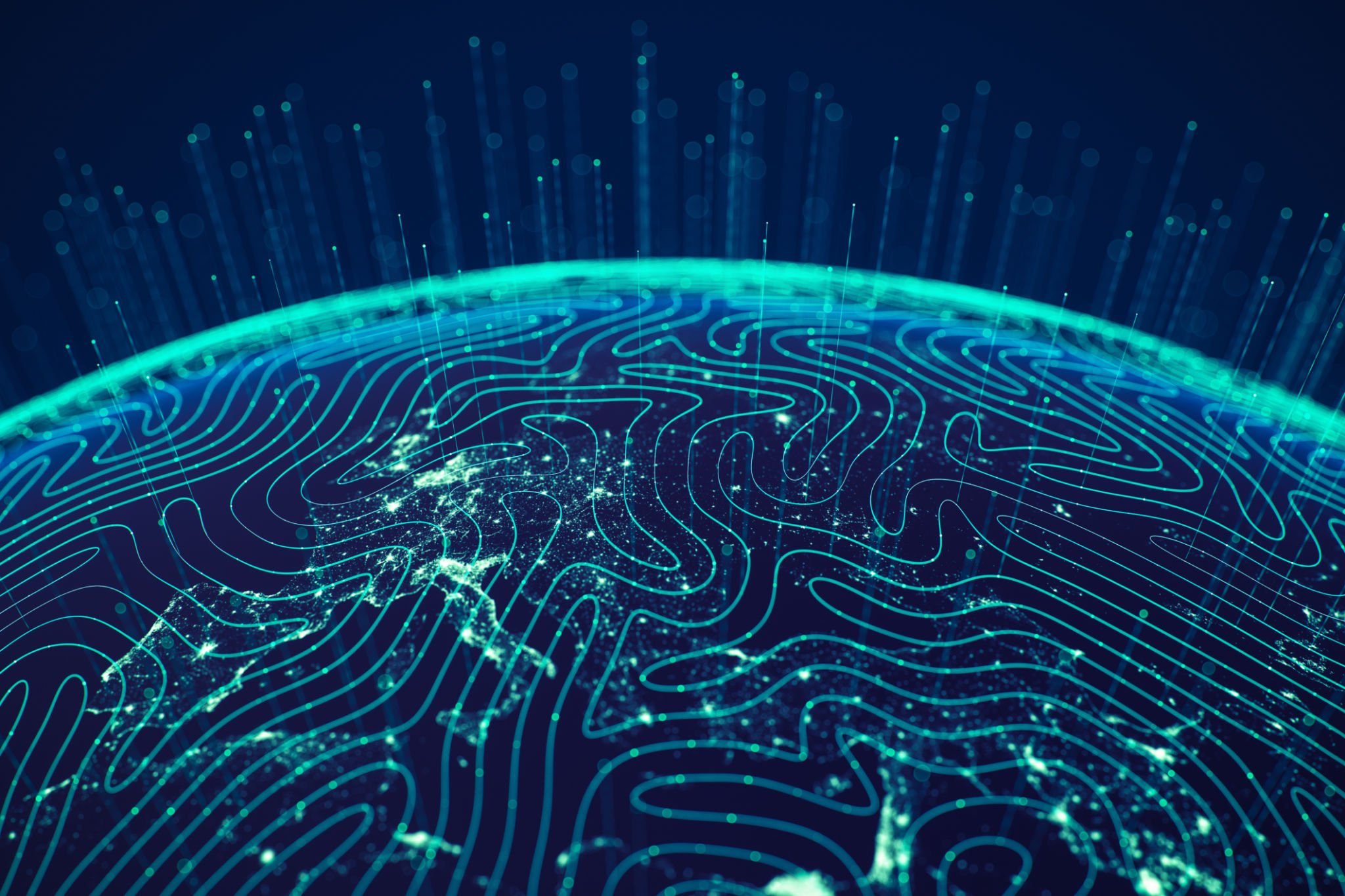Exploring the Global Impact of AI: Key Trends and Insights
Introduction to AI's Global Influence
The rapid advancement of artificial intelligence (AI) technology is reshaping industries and influencing the global economy. From healthcare to finance, AI's integration into various sectors is driving efficiency and innovation. As we delve into the impact of AI, it is crucial to understand the trends that are shaping its development and application worldwide.

AI in Healthcare
The healthcare industry is experiencing significant transformations due to AI. With capabilities such as predictive analytics, AI-powered tools are enhancing patient diagnosis and treatment plans. This technology improves operational efficiency, reduces costs, and enhances patient care. AI algorithms can analyze medical images with remarkable accuracy, aiding doctors in making informed decisions.
Moreover, AI in healthcare is not limited to diagnostics. It also plays a vital role in drug discovery and personalized medicine. By analyzing vast datasets, AI can identify patterns that humans might miss, leading to breakthroughs in treatments and therapies.
Transforming Financial Services
In the financial sector, AI is revolutionizing how businesses operate and interact with customers. From fraud detection to customer service, AI systems provide robust solutions for complex problems. Financial institutions leverage AI for real-time data analysis, helping them make more informed investment decisions.

Additionally, AI-powered chatbots and virtual assistants are enhancing customer experiences by providing 24/7 support. These tools not only increase efficiency but also personalize user interactions, leading to greater customer satisfaction.
AI's Role in Education
AI is also making strides in the education sector by offering personalized learning experiences. Adaptive learning platforms use AI to tailor educational content to individual student needs, promoting more effective learning outcomes. By identifying areas where students struggle, these platforms provide targeted support to enhance understanding and retention.
Furthermore, AI-driven analytics help educators track student progress and modify teaching strategies as needed. This data-driven approach enables a more dynamic and responsive educational environment.

Challenges and Ethical Considerations
While the benefits of AI are substantial, there are challenges and ethical considerations that must be addressed. Privacy concerns, algorithmic biases, and job displacement are significant issues that accompany AI's widespread adoption. It is vital for policymakers and industry leaders to develop frameworks that ensure ethical AI use.
Ensuring transparency in AI algorithms and fostering diversity in AI development teams can mitigate some of these challenges. By prioritizing ethical practices, we can harness AI's potential while minimizing adverse effects.
The Future of AI
Looking forward, the global impact of AI will continue to grow as technology advances. Industries will increasingly rely on AI to drive innovation and efficiency. However, it will be crucial to maintain a balance between technological advancement and ethical responsibility.
As we explore the future possibilities of AI, continuous collaboration between governments, industry leaders, and academia will be essential. This collaborative approach will ensure that AI development remains aligned with societal needs and values.
